By Wu Xinru, Chen Tianhao
(ECNS) -- Climate change has become a global crisis that cannot be ignored, affecting every corner of the world and it is one of the most urgent and severe challenges facing human society, said Liu Zhenmin, China's Special Envoy for Climate Change Affairs, in a video speech at a side event of the 29th United Nations Climate Change Conference (COP29).
COP29 is being held in Baku, the capital of Azerbaijan, from Nov 11 to 22.
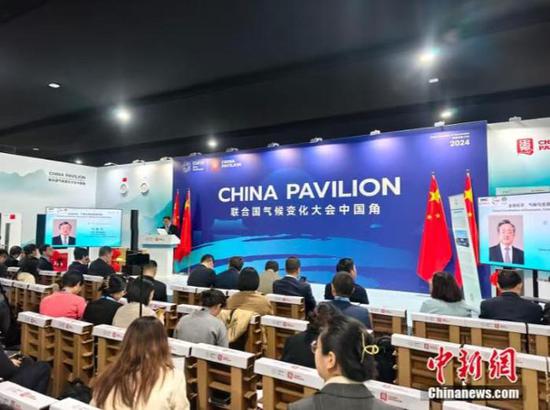
Liu was invited to deliver opening remarks at the side event hosted at the China Pavilion.
Liu pointed out that addressing climate change is a global public issue that impacts the future and well-being of all humankind. In this urgent context, all countries must not retreat; instead, they should advance global climate governance with unwavering determination and decisive actions.
Different countries have different priorities and interests when it comes to climate action, industrial development and trade policies, he said. All countries need to intensify mutual trust and find viable solutions through dialogue and cooperation, he added.
He further noted that COP29 is not only an important climate change conference, but also an opportunity to jointly promote green and low-carbon development cooperation.
The increasing politicization of climate issues and various unilateral measures taken by developed countries have led to a deterioration in green investment and trade environment, said Wang Yi, member of the Standing Committee of the 14th National People's Congress, and vice chairman of the National Expert Committee on Climate Change.
He added that a lack of green supply chains, including in China, will greatly increase the cost of green transformation and threaten the realization of global climate goals.
He put forward five suggestions to address the issue, urging countries to accommodate each other's concerns through multilateral and bilateral communication, adopt mutually compatible and coordinated policies in climate, investment, financing, and trade, carry out WTO reform for a more fair, just, reasonable, green and sustainable manner, take effective measures to address the imbalance between supply and demand and resolve overcapacity while balancing short-, medium- and long-term goals, and adopt multilateral, bilateral and classified solutions for soft commodities, key minerals, green products and services.
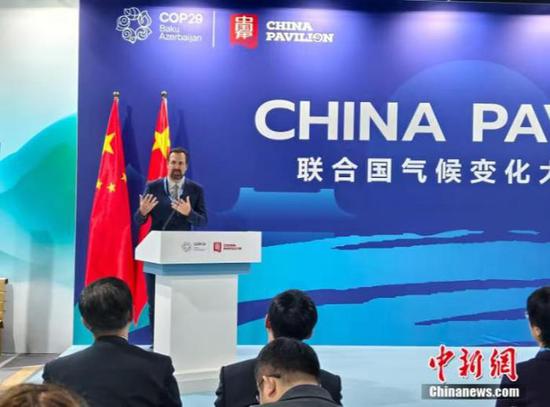
Nick Mabey, founding director & co-CEO of E3G, highlighted the significance of open global markets that can transfer technology and capital to where they are needed, thereby withstanding climate shocks.
"We're often forgetting that the trading system is inside the climate system. And we also need to think about how it's resilient, as well as move money and capital around," said Mabey.
He added that the world needs to push the reform of the international financial system to make sure that it doesn't just have enough finance and affordable finance, but gets to all the countries who need this in all sectors, including resilience. And that is the foundation of the green economy.
Alex Benkenstein, programme head of Climate and Natural Resources, South African Institute of International Affairs, said that African Mining Vision and other policy frameworks have been very clear that its development ambitions are to move up the value chains. And the whole continent attaches importance to building partnerships, hoping to break the constraints in Africa's development in virtue of external funds and technology based on cooperation.
Benkenstein noted that Africa will further integrate the regional power pools, so that the countries in the African region can trade and share power with each other. That also creates an incentive for further investments in renewable energy capacity.
According to Inkar Kadyrzhanova, senior natural resources officer of the Office of Climate Change, Biodiversity and Environment, Food and Agriculture Organization (FAO), noted that China is engaging in low-carbon development, setting an example of addressing climate change and facilitating the sustainable transformation of the global tea industry.
Kadyrzhanova stressed that China is collaborating with FAO to promote a carbon-neutral approach to make the tea value chain more resilient to climate change, while ensuring carbon capture and mitigation.
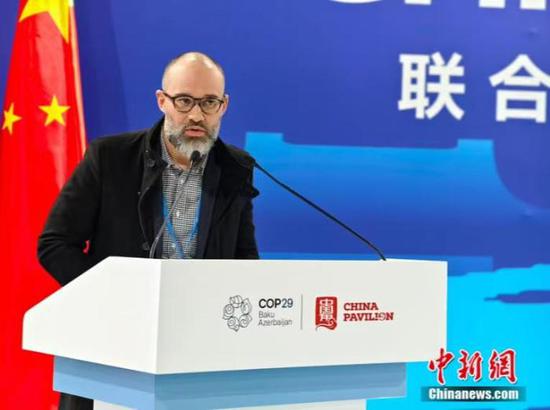
Anderson Alves, senior technical advisor at the United Nations Development Programme, explained the impact of addressing climate change and accelerating green energy transition on global trade from the perspective of building Zero-Waste Cities.
In addition, Alves said that fostering emerging economies and least developed countries towards a zero-waste vision is in line with green chemistry, circular economy, and waste hierarchy principles for sustainable production and consumption.
Alves also gave some advice that to make production and consumption sustainable, a proper engagement with civil society organizations at the community level should be conducted to build knowledge for consumers and help create consumer demand for green and sustainable products. The sustainable consumption will be also encouraged through the introduction of suitable tools.
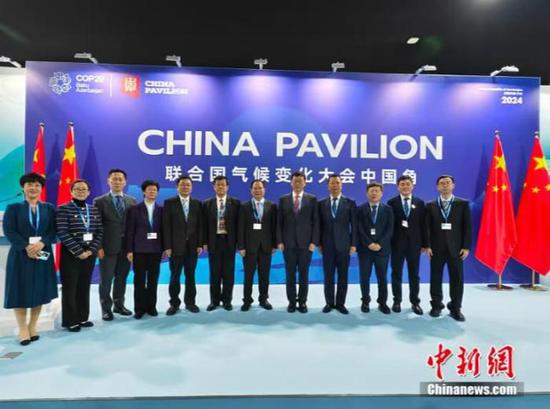
The side event was organized by China's Center for International Knowledge on Development, Institute of Resources and Environmental Policy, Development Research Center of the State Council and Policy Research Center for Environment and Economy of the Ministry of Ecology and Environment with Huzhou Municipal Government acting as the co-organizer.
The event is divided into three sessions on relative topics: Global Trade Policy Innovation and Cooperation in Response to Climate Change, Corporate and local practices contribute to global low-carbon development and From Inheritance to Innovation: Jointly Building a New Pattern of Global Green Trade.








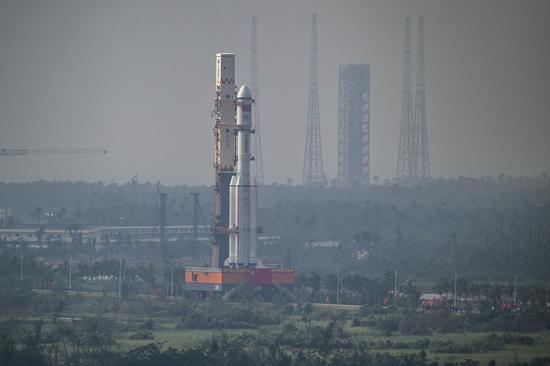
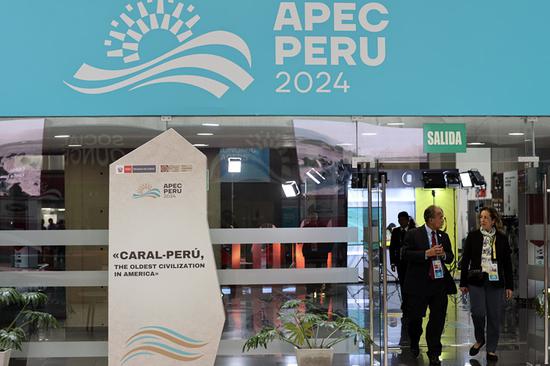
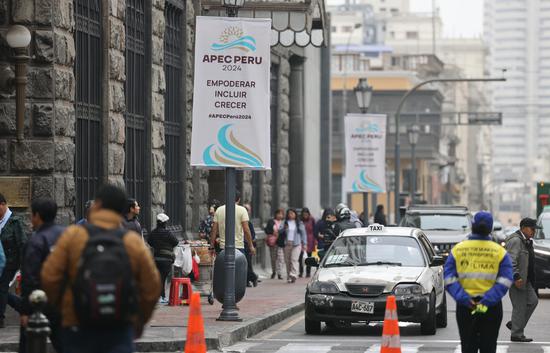

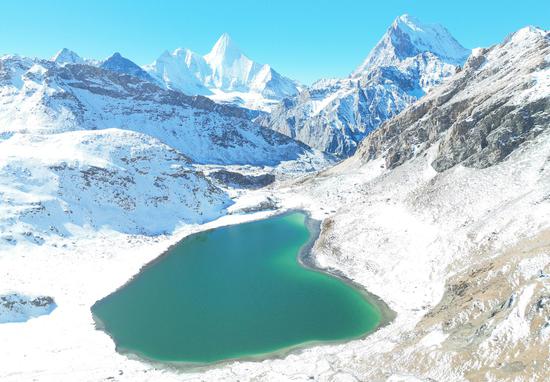



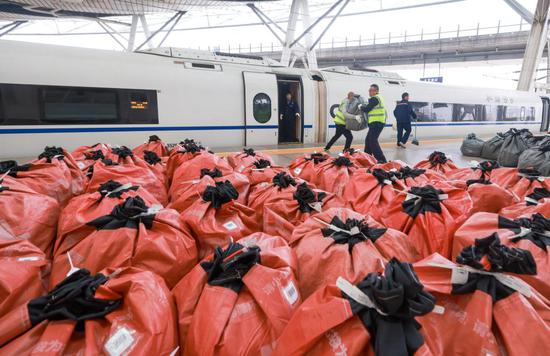

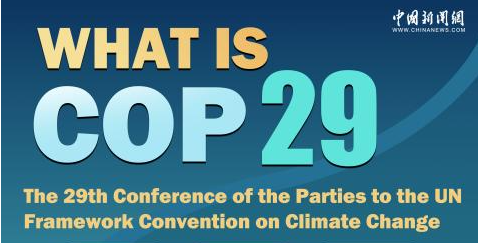
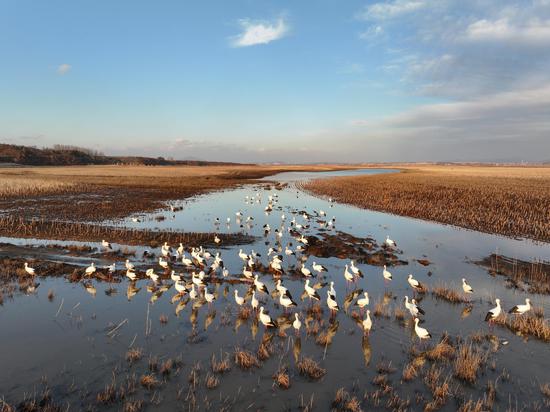

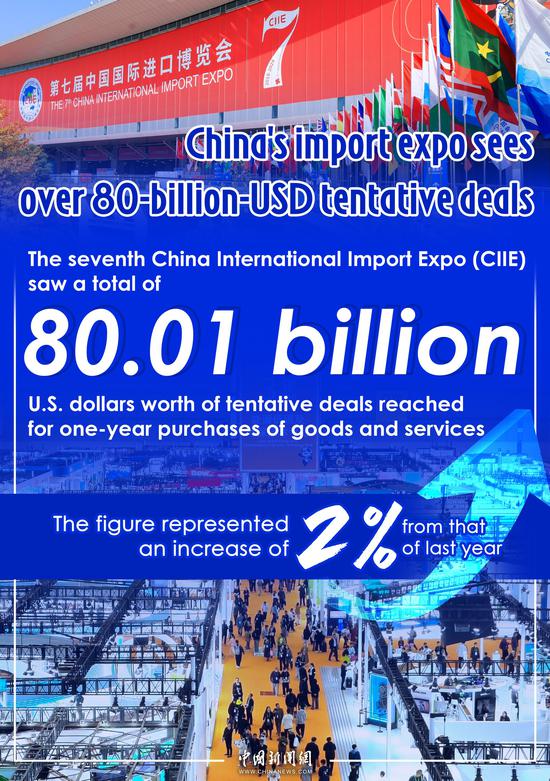
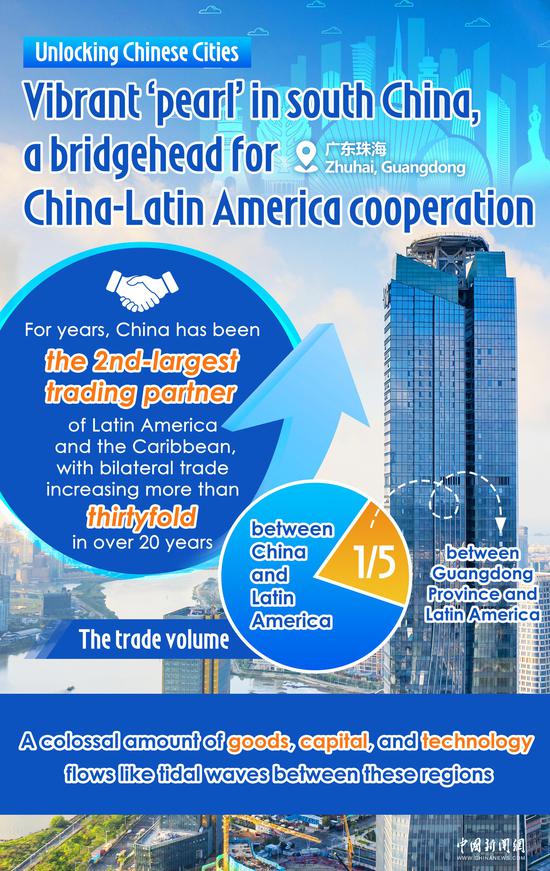
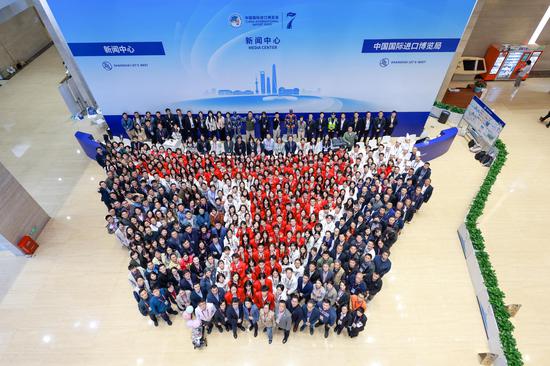


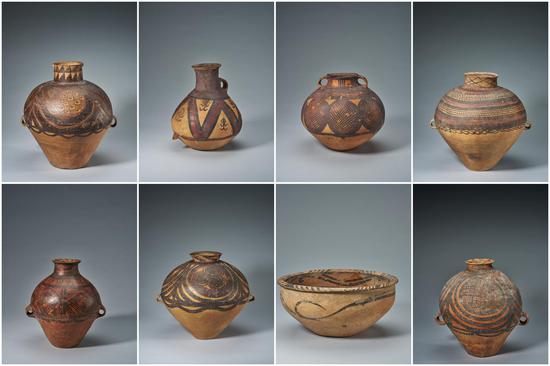





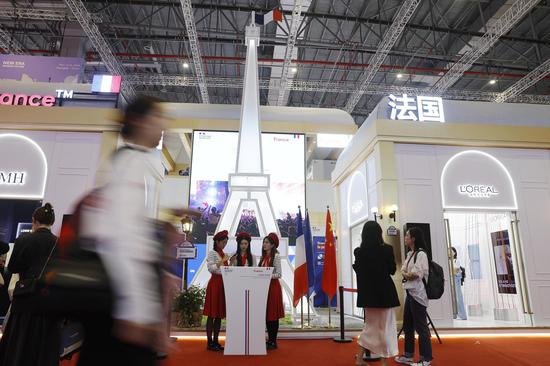


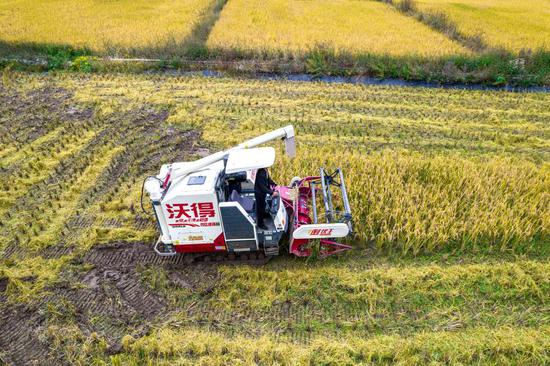



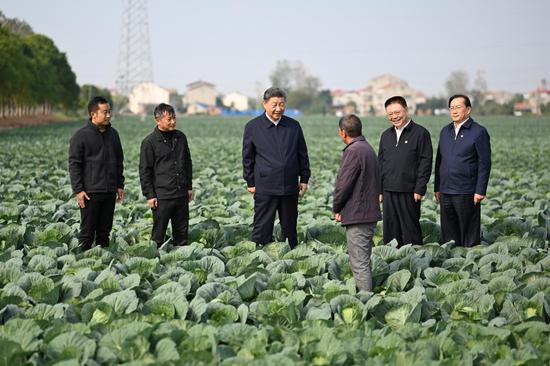
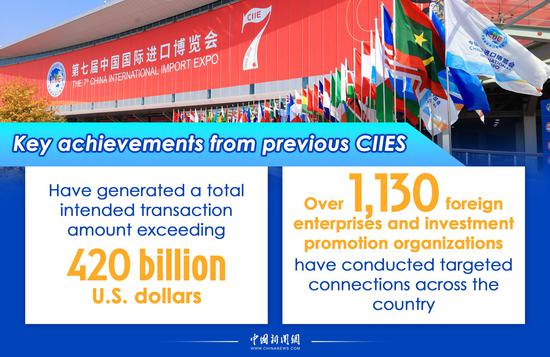
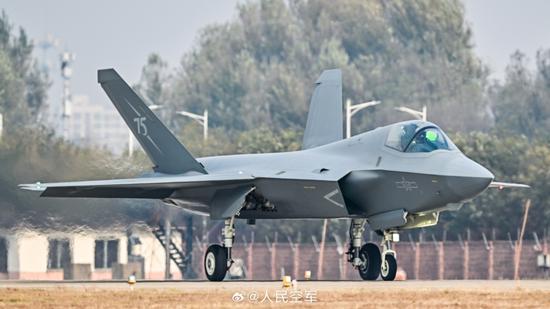
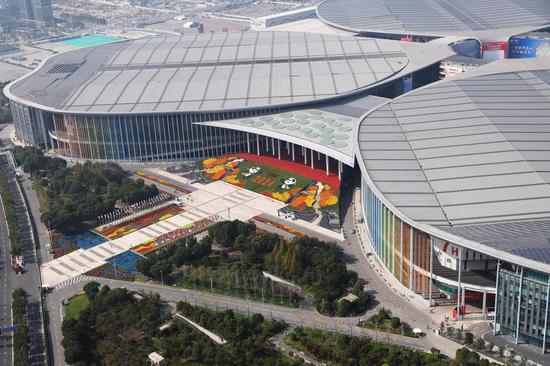
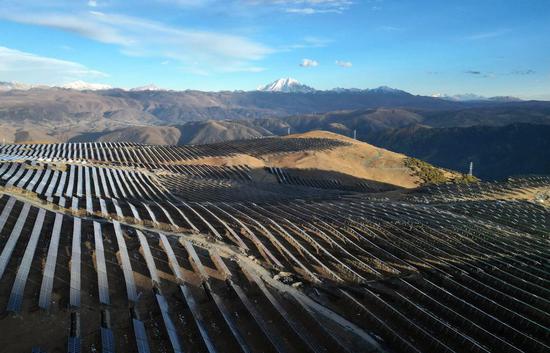


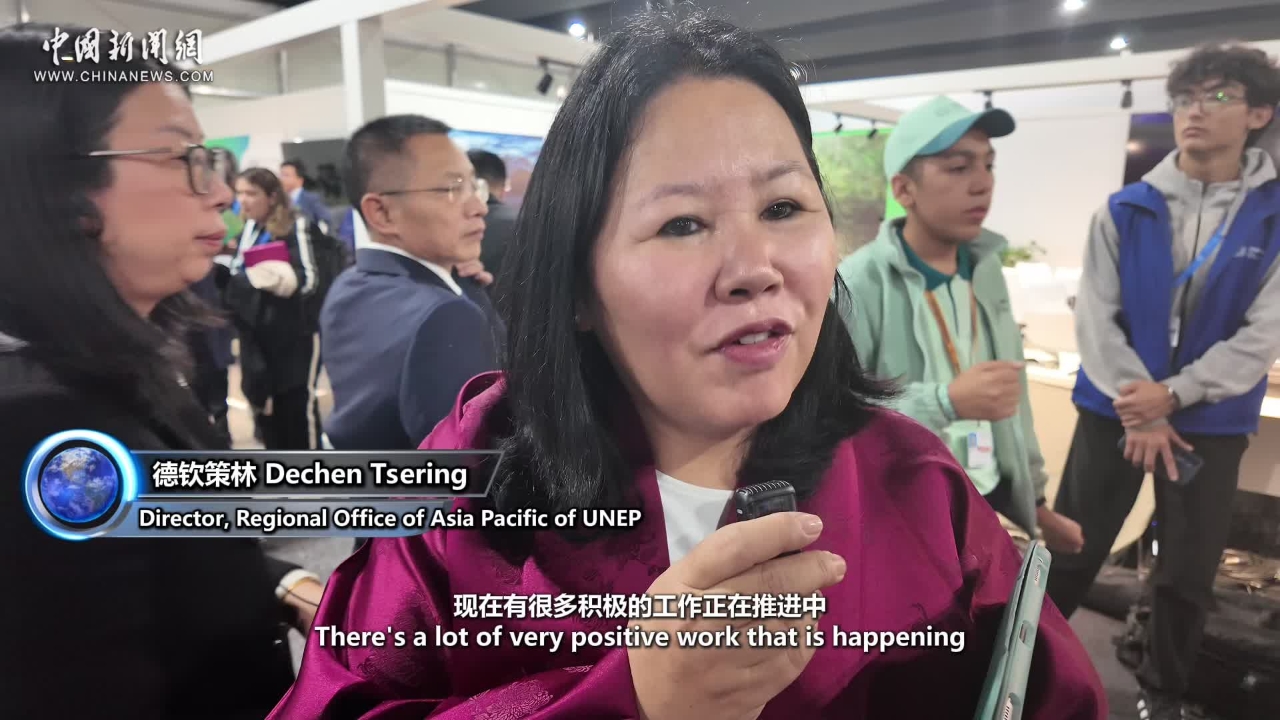

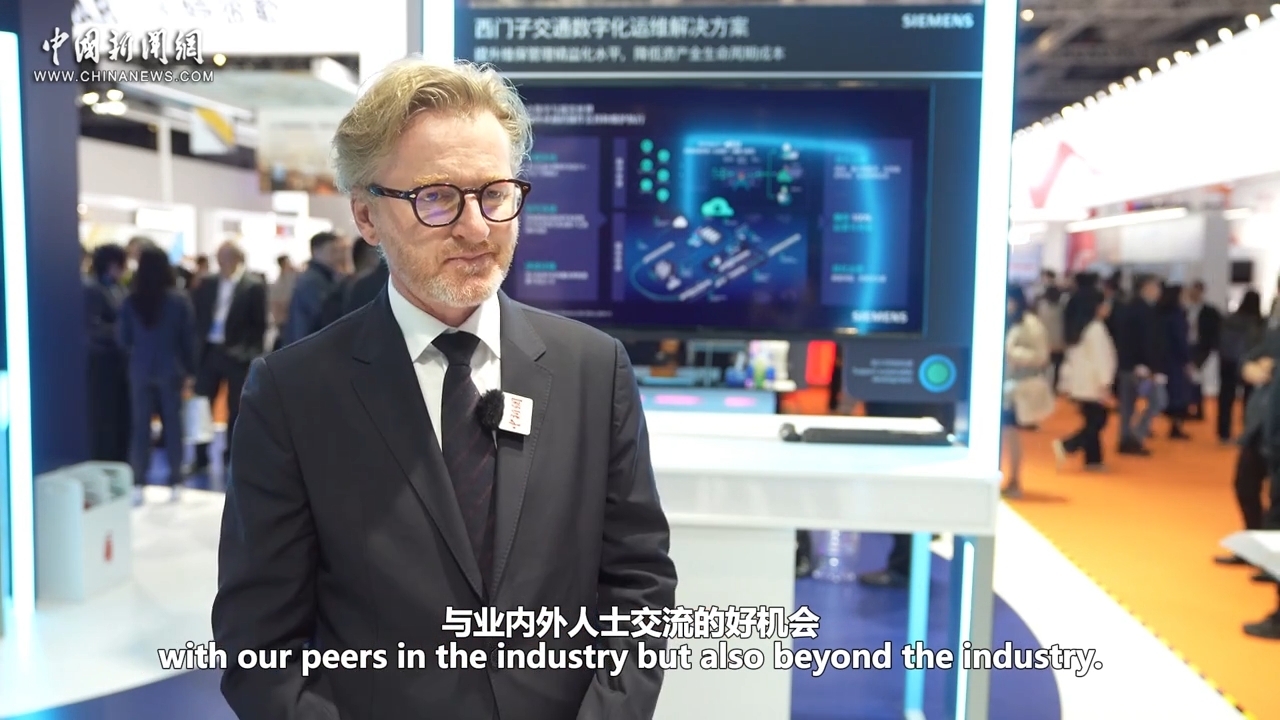

 京公网安备 11010202009201号
京公网安备 11010202009201号